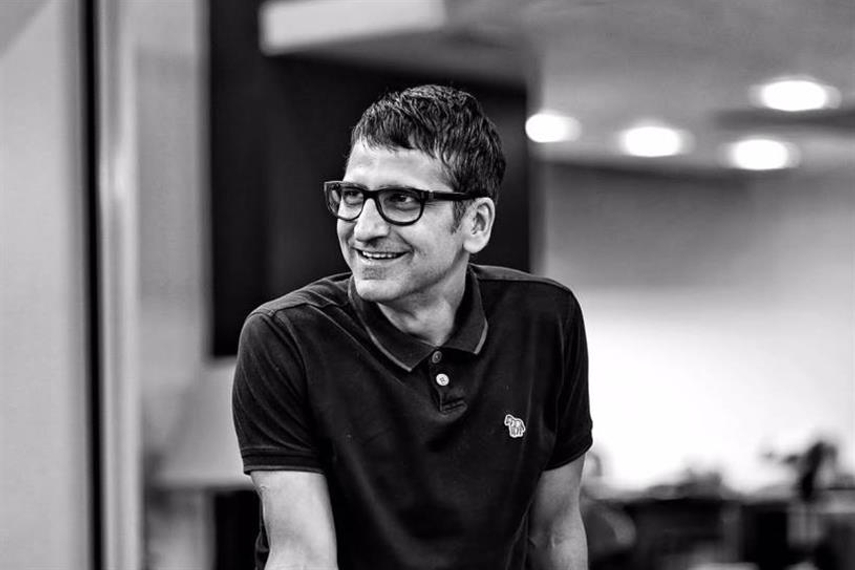
Please sign in or register
Existing users sign in here
Having trouble signing in?
Contact Customer Support at
[email protected]
or call+91 022 69047500
The first in a series of interviews between a young copywriter and a senior creative about making it in the advertising industry

Contact Customer Support at
[email protected]
or call+91 022 69047500
Top news, insights and analysis every weekday
Sign up for Campaign Bulletins
Marketers have long attempted to distill generational behaviors into easy stereotypes, but Gen Z resists these tidy boxes.
Creo to operate influencer capabilities across 40-plus markets select markets, while select markets like the UK will operate as OMGCreo.
With over-dependence on search engines becoming passé, brands that embrace social discovery will reap future rewards, says GALE India president.
INSIDE THE AD: A fizzy experiment in sonic seasoning, 7UP’s Spotify campaign taps science, culture, and Gen Z cravings to reshape FMCG playbooks.